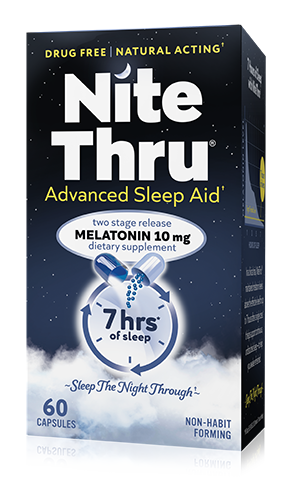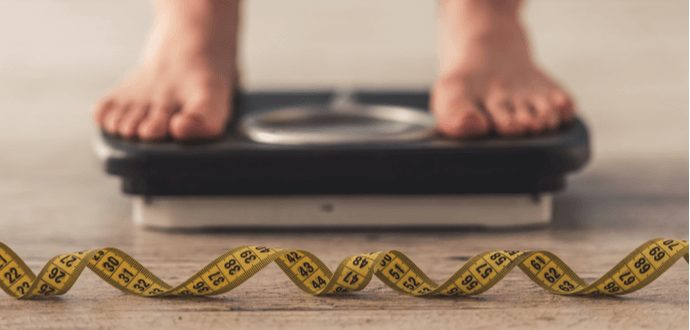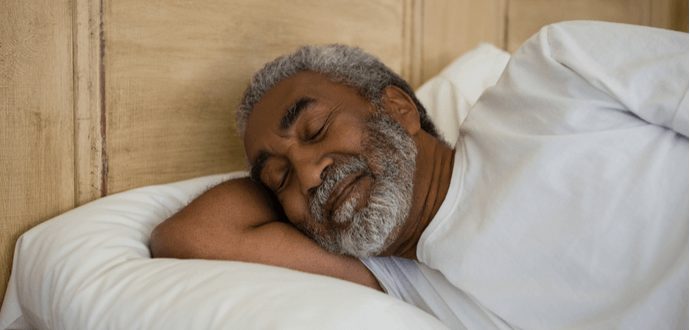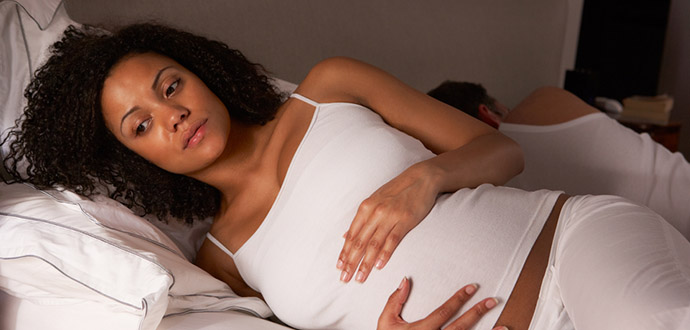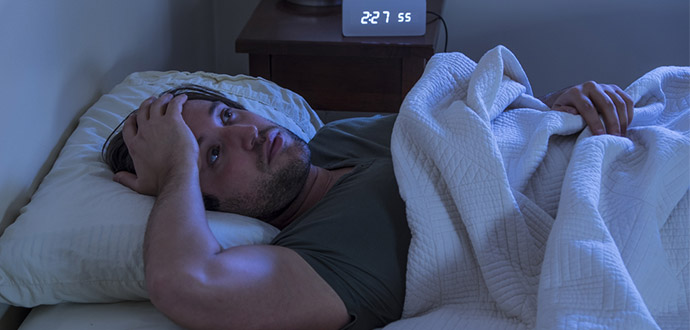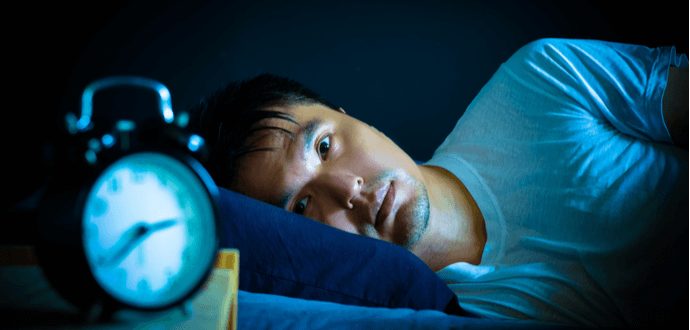Exercise and Sleep: Benefits and What to Avoid
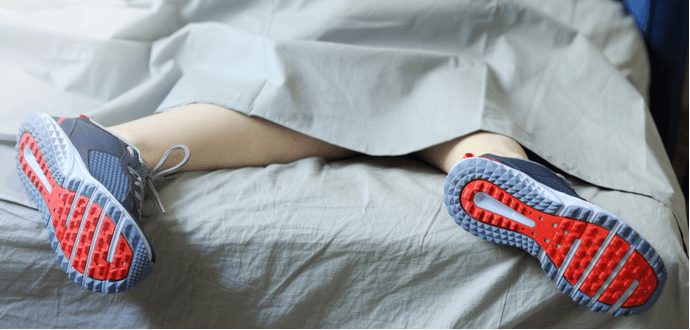
One of the best ways to promote a better night’s sleep is to get exercise throughout the day. It can be difficult to fall asleep and stay asleep without getting daily exercise, but it is also challenging to exercise after being sleep deprived. The time of day that a person is active affects the quality of sleep, and certain types exercise are more beneficial for sleep than others.
This article discusses the connection between exercise and sleep, including the sleep-related benefits of exercise and how to avoid overexertion that interferes with sleep patterns.
How Does Exercise Affect Sleep?
Studies have shown that exercising increases body heat, which then leads to a post-exercise drop in body temperature that promotes sleep. Exercise is also an effective way to prevent or reduce feelings of anxiety, stress, and depression – all of which may prevent a person from sleeping soundly. Exercise affects the body’s circadian rhythms, which if timed appropriately, can prepare the body for sleep.2
Benefits of Sleep and Physical Activity
Although at least 30 minutes of exercise is the general recommendation, even as few as 10 minutes of aerobic exercise can improve a person’s sleep when done daily. Sleep research shows that people who exercise are less likely to have sleep disorders, including restless leg syndrome and sleep apnea. Exercisers are also less likely to be overweight or obese, which can lead to sleeplessness.2
Risks of Overexertion and Sleep Patterns
One concern about exercise and sleep to be aware of is exercising too closely to bedtime. For some people, exercising in the evening excites the body, which prevents the body from winding down before rest. Individuals who push themselves too hard during exercise may become overexerted and experience sore muscles, joint pain, and mental stress. These symptoms can keep a person up at night and detract from the overall value of exercise needed for sleep. 2
Best Exercises for Sleep
Many people find it beneficial to work out first thing in the morning to awaken the body from sleep and start the day off on a healthy note. Cardio exercises, such as running, walking, swimming, and cycling, are great for promoting healthy sleep. Finally, yoga and stretching are great exercises for sleep because they promote calmness, body awareness, and healthy breathing.3
In addition to getting a healthy amount of exercise each day, natural-acting melatonin supplements, such as NiteThru, can help promote a restful night’s sleep without a prescription. This over-the-counter medication is recommended for adults over 18, especially shift workers and people experiencing jet lag.1
References
- National Institutes of Health. Melatonin: In Depth. Retrieved December 13, 2018 from https://nccih.nih.gov/health/melatonin
- Johns Hopkins Medicine. Healthy Sleep: Exercising for Better Sleep. Retrieved December 14, 2018 from https://www.hopkinsmedicine.org/health/healthy-sleep/sleep-better/exercising-for-better-sleep
- National Sleep Foundation. Best Exercises for Sleep. Retrieved December 14, 2018 from https://www.sleepfoundation.org/sleep-topics/the-best-exercises-sleep
“Please note, the material located on our site is for informational purposes only, is general in nature, and is not intended to and should not be relied upon or construed as a therapeutic claim or medical advice regarding any specific issue or factual circumstance.”
